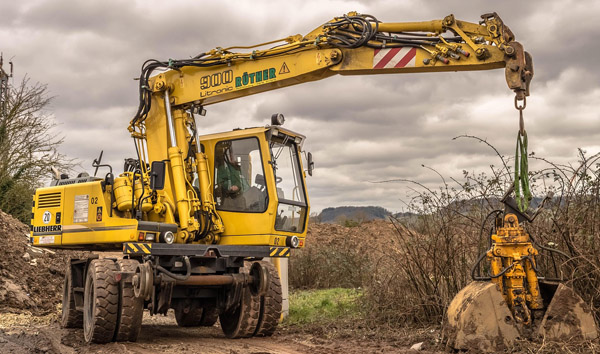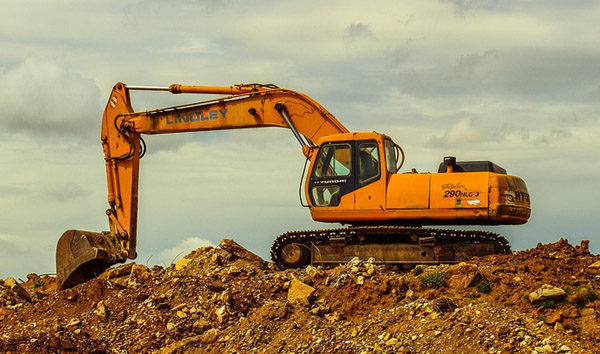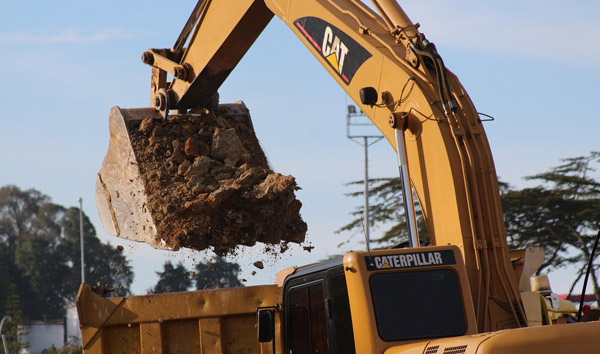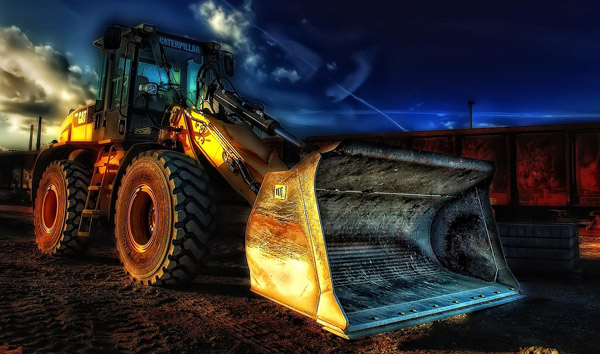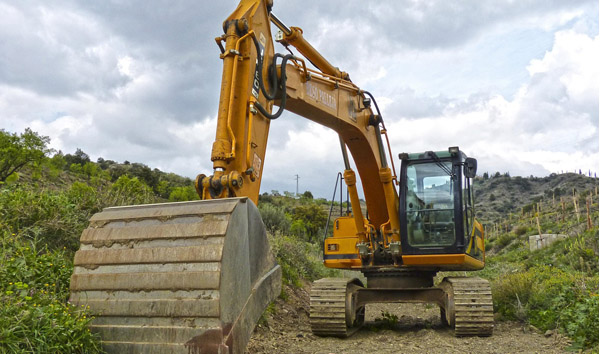Navigating the Future: Key Specifications of All-Terrain Forklifts
2025-08-02 05:30:30
All-terrain forklifts are designed to operate efficiently on uneven, muddy, or rough surfaces, making them indispensable in industries requiring heavy lifting in challenging conditions. Key specifications include load capacities ranging from 5,000 to 36,000 lbs, ensuring they can handle diverse material handling tasks. Additionally, these forklifts feature robust tires—often pneumatic or solid—with deep treads for superior traction. The inclusion of four-wheel drive (4WD) and differential locks further enhances stability on slopes and unstable terrain.
Engine power is another critical specification for all-terrain forklifts, with most models equipped with diesel engines delivering 74 to 173 horsepower. This ensures sufficient torque for lifting heavy loads while maintaining fuel efficiency. Advanced models may also incorporate hybrid or electric powertrains to meet sustainability goals. Hydraulic systems with high-pressure pumps enable smooth lifting and lowering, with lift heights varying between 15 to 30 feet depending on the model. These specifications make all-terrain forklifts ideal for outdoor warehouses, lumber yards, and large-scale construction sites.
Maneuverability is a defining feature of all-terrain forklifts, with specifications highlighting tight turning radii—often under 10 feet—for navigating confined spaces. Articulated steering systems and oscillating axles allow these machines to adapt to uneven ground without compromising load stability. Furthermore, operator cabins are ergonomically designed with shock-absorbing seats and climate control to ensure comfort during extended shifts. Safety features such as load moment indicators (LMIs) and anti-rollover technology further enhance operational reliability in demanding environments.
Durability is a non-negotiable specification for all-terrain forklifts, given their exposure to harsh conditions. High-strength steel frames and corrosion-resistant coatings ensure longevity, even in salt-laden or chemically aggressive environments. Industry data indicates that well-maintained all-terrain forklifts can achieve lifespans exceeding 15,000 operating hours. Maintenance intervals are also optimized, with centralized lubrication points and diagnostic systems reducing downtime. These factors contribute to lower total cost of ownership (TCO), making them a cost-effective solution for heavy-duty applications.
The future of all-terrain forklifts is being shaped by technological advancements, including telematics for real-time performance monitoring and autonomous operation capabilities. Specifications now increasingly include IoT-enabled sensors for predictive maintenance and fleet management. As industries demand greater efficiency and sustainability, manufacturers are focusing on reducing emissions without sacrificing power. With their unmatched adaptability and evolving specifications, all-terrain forklifts will remain a cornerstone of material handling in the most challenging environments.




